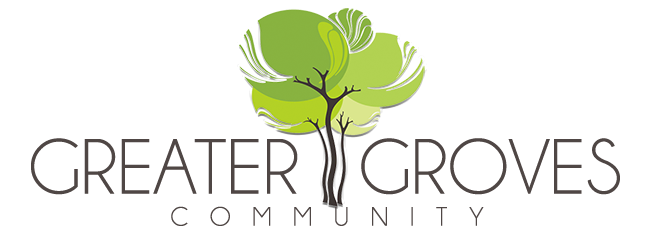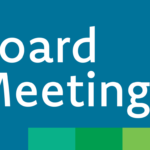Financials
Members of HOAs often want to know how the board is spending their money. No one wants to spend money on an HOA membership that produces no results.
The HOA boards should:
Communicate: Let your members know frequently how their funds are being used. This might appear in a monthly newsletter or an email.
Be transparent and Honest: Make sure all documentation is current and at the members’ disposal for review at any time. Promote a consistent presence at board meetings. Create a yearly financial report that will be given to each and every homeowner.
Pay Attention to the Budget: Analyze past spending plans to predict future expenses. Consult vendors and contractors on a regular basis regarding anticipated fee increases.
Maintaining Property Values
Top complaints in HOA’s tend to include:
- overgrown lawns
- broken windows
- homes need painting
- garbage
- overdue holiday decorations
- offensive flags or signs
In order to preserve property values, homeowners are responsible for maintaining the exterior of their homes to include these and any other stipulations in the HOA’s Covenants, By-Laws, Rules & Regulations (CBR&Rs). The board is responsible for consistently enforcing CBR&Rs in a fair manner. Rules may not be bent to accommodate friends or close neighbors. This is for the board’s protection!
HOA’s boards should never play favorites or only enforce rules that they happen to care about, as they will be in breach of their fiduciary duties.
Common Areas
An HOA’s responsibility is to maintain all common areas, whether it’s a pool, a fountain, or just an entrance. Every effort should be made to keep these areas looking new. If these areas aren’t kept in shape, it can cause a downward spiral of issues that will eventually become costly for members.
Common complaints about common areas include:
- general disrepair
- filthy amenities
- overgrown or unkempt landscaping
- pests
- mold
- algae
- poor lighting
- cracked and lifted pathways
- potholes
- not accessible
These issues can not only cause harm to residents and guests, but can also affect your curb appeal and, as a result, lower property values.
An HOA should adhere to a timetable, which is a very good approach to guaranteeing appropriate maintenance. A list of qualified, experienced contractors should also be on hand to handle the work. Make sure everything is recorded, and ask your treasurer to include these upkeep costs in the budget.
Handling Complaints
There are going to be complaints. Yes, disagreements will undoubtedly arise. As a board member, you will certainly get calls, emails, or texts. A board of directors, officers and staff should always come across as kind and approachable. A board will receive complaints about everything from parking difficulties to encroachment issues to past-due removal of holiday décor.
HOA’s must establish a clear process for complaints. Refer to your Covenants, By-Laws, Rules & Regulations for formal complaint reporting. This could be via email or a link on the HOA’s website, but whatever is decided, stay consistent and fair.
Board of directors, officers and staff must remember to put themselves in the homeowner’s shoes. If they are passionate enough to come to you with a complaint, it must be important enough for you to listen and help.
Member Engagement
Low meeting attendance can be a sign of engagement issues.
It could be time to rethink how you communicate with members and conduct meetings. And as multi-generational residents increase, you may need to vary how you do business.
Taking advantage of Zoom or another online platform can make it easy for all ages to participate.
Asking members how they would like to participate is another simple method to boost involvement. Some may really want lots of social events, while others may want to know the business at hand.





















Add comment
You must be logged in to post a comment.